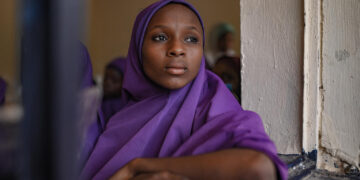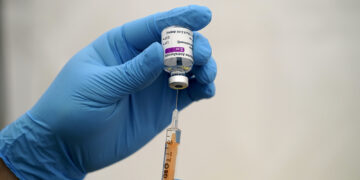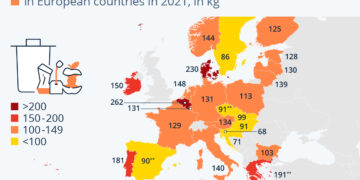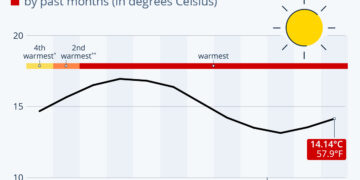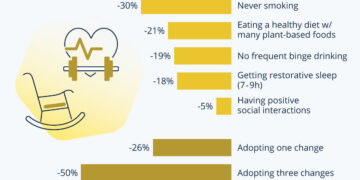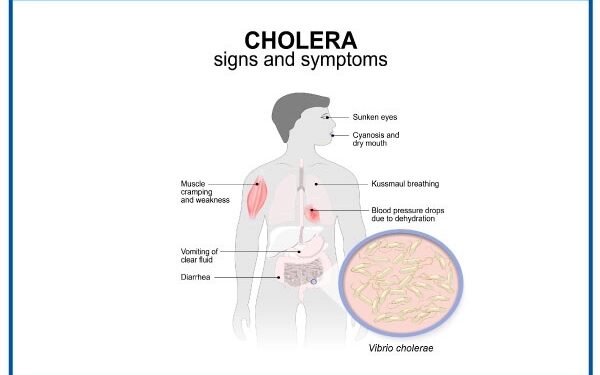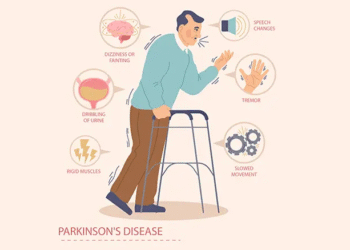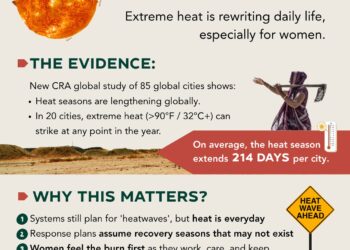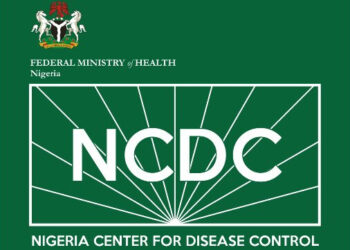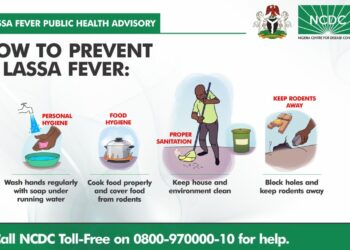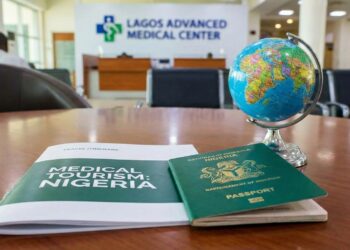As the rains intensify, cholera cases are on the rise. Cholera is a deadly disease that spreads through contaminated food and water. But there’s hope! We can protect ourselves and our families by taking simple steps. Always boil water before drinking, wash your hands with soap and water, and cook food thoroughly. By practicing good hygiene, we can prevent cholera and keep our communities safe.
Cholera is a severe, potentially life-threatening bacterial infection caused by Vibrio cholerae. Here’s a summary:
Cause: Vibrio cholerae bacterium, typically spread through contaminated water or food.
Symptoms: Severe watery diarrhea, vomiting, dehydration, rapid heart rate, loss of skin elasticity, dry mucous membranes, low blood pressure, thirst, muscle cramps, and restlessness or irritability.
Transmission: Primarily through ingestion of contaminated water or food, often in areas with poor sanitation and inadequate clean water supplies.
Incubation period: A few hours to 5 days, typically 2-3 days.
Treatment: Primarily focused on replacing lost fluids and electrolytes. Oral rehydration solution is the mainstay of treatment. Severe cases may require intravenous fluids. Antibiotics can shorten the duration of illness.
Prevention: Improved sanitation, access to clean water, proper food handling, and hygiene practices. Vaccines are available and recommended in some high-risk areas.
Global impact: Cholera remains a significant public health problem in many developing countries, particularly in Africa and South Asia.
History: Has caused several pandemics throughout history and has played a crucial role in the development of public health practices.
Challenges: Rapid spread in areas with poor infrastructure, potential for large outbreaks in emergency situations like natural disasters or refugee crises.
Research: Ongoing efforts to improve vaccines, treatment methods, and understanding of the bacterium’s ecology and evolution.
Let’s stay safe and stay healthy! #staysafe #stayhealthy
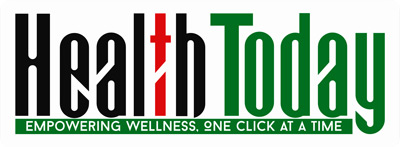

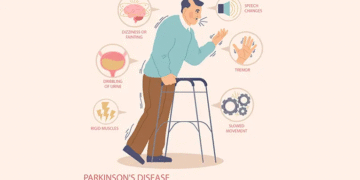

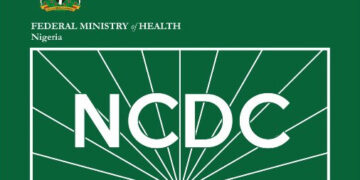
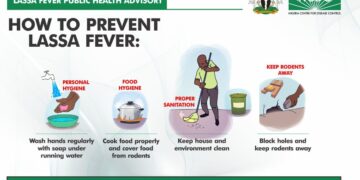

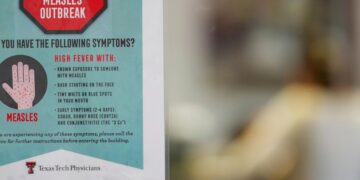




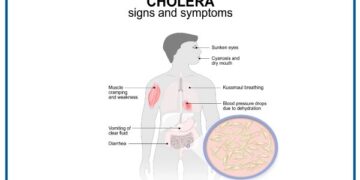
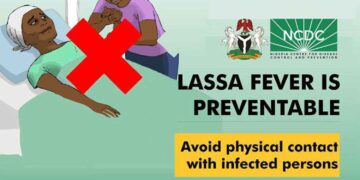
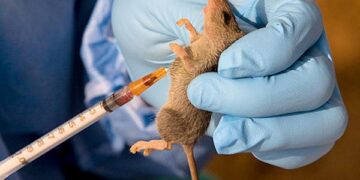
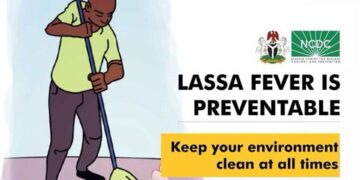
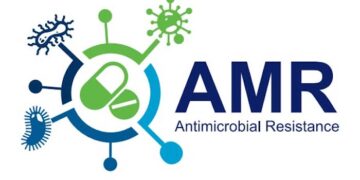
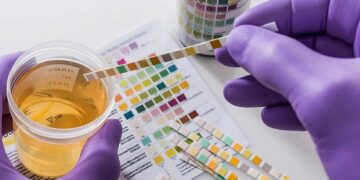
![Antimicrobial Resistance [AMR] in Hausa](https://healthtoday.com.ng/wp-content/uploads/2024/02/antimicrobial-resistance-AMR--360x180.jpeg)


